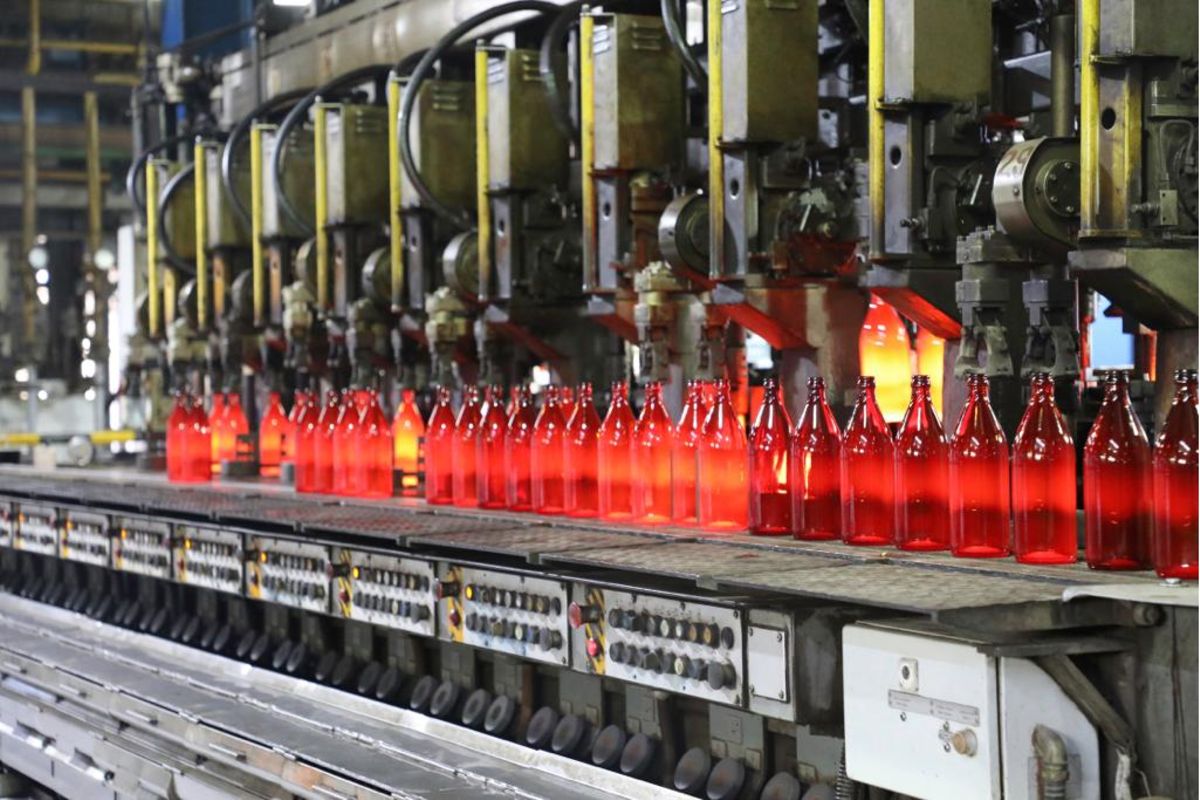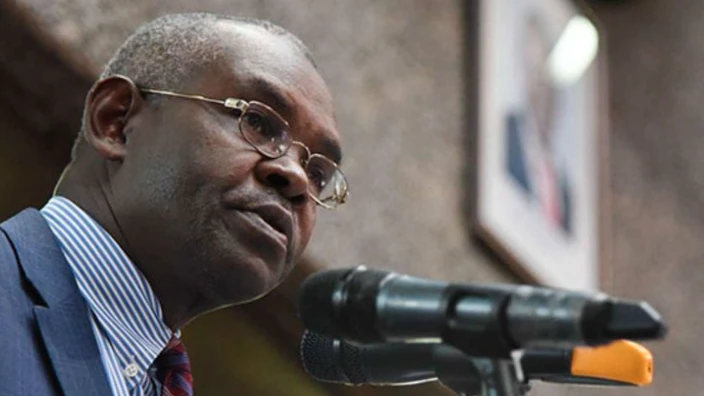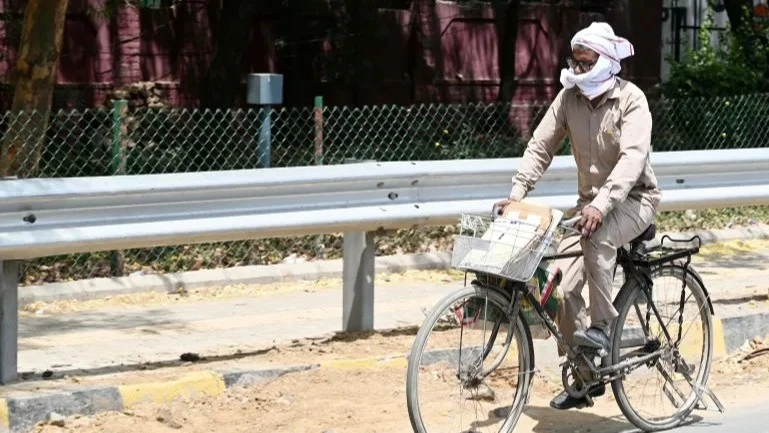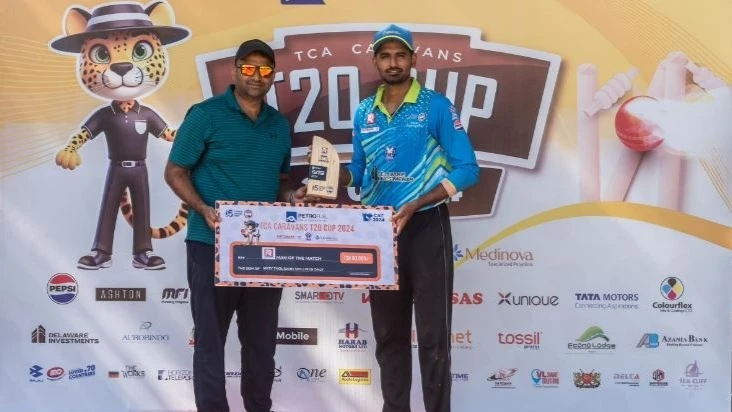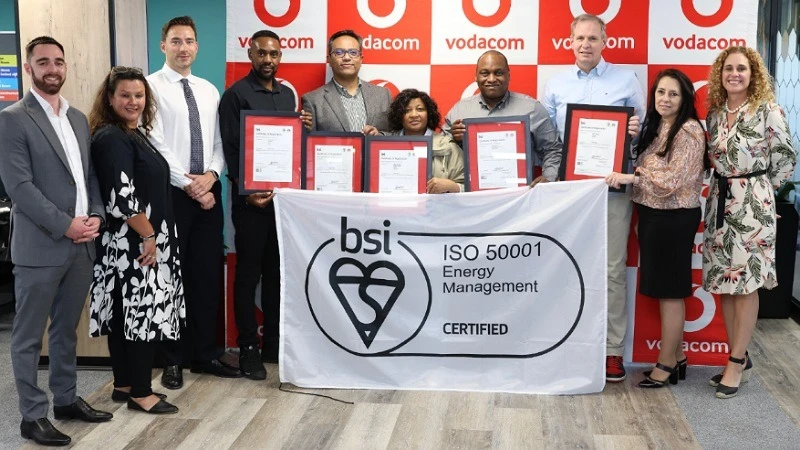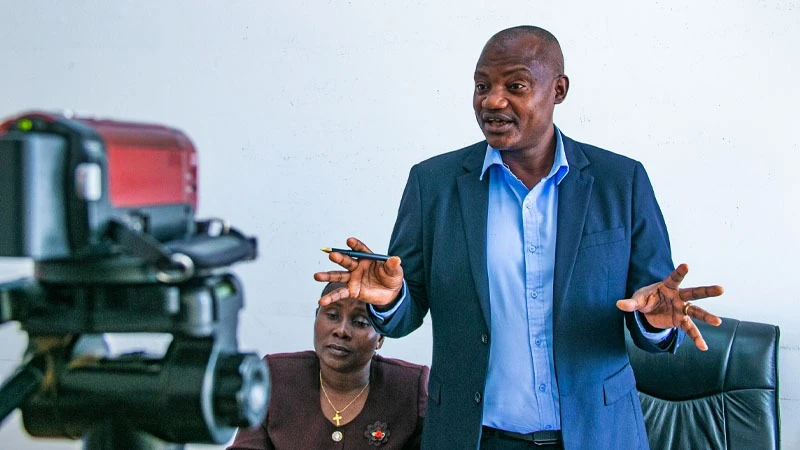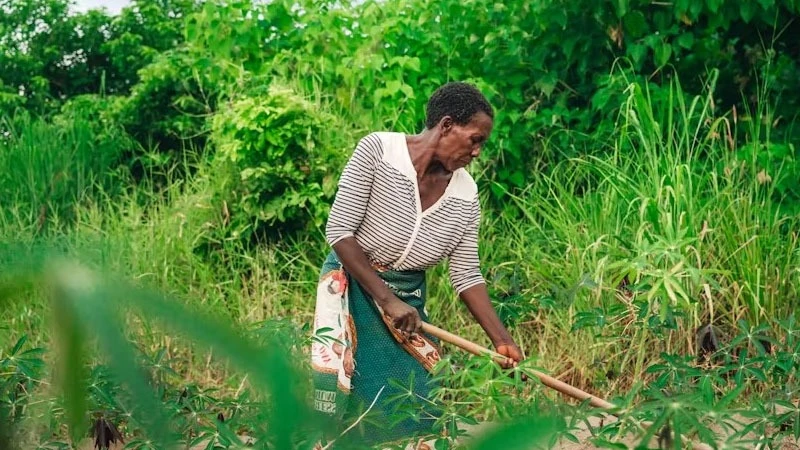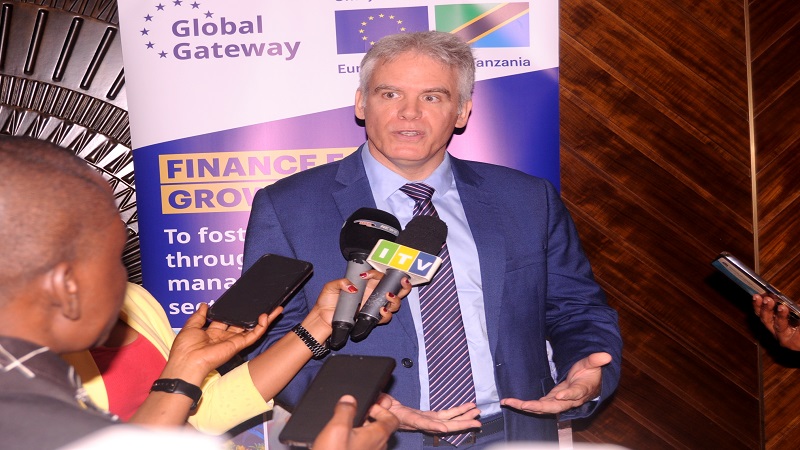IFC and South Africa’s Standard Bank to support Tanzania’s glassware firm
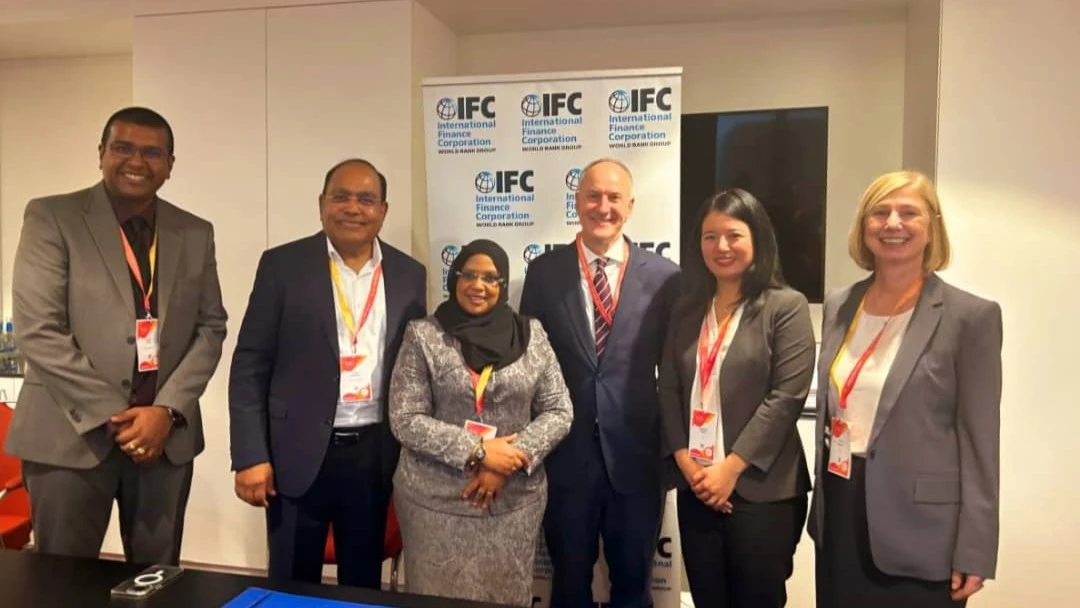
THE International Finance Corporation (IFC) and Standard Bank of South Africa have agreed to provide support to the expansion of Tanzanian glassware manufacturer Kioo Limited.
The partnership will be through a loan of up to US$60 million, with IFC extending US$45 million and the bank US$15 million, to help the firm step up its manufacturing capacity and increase its exports potential.
This is expected to see the firm enhance its capacity to recycle the glass it uses as a raw material in its production process.
It will also mean reducing the consumption of the energy the firm needs to meet ever-rising domestic and regional demand for glass bottles and containers, by extension generating thousands of direct and indirect jobs and contribute more to the growth of the country’s economy.
With the injection, Kioo will have greater capacity meet growing demand for the wide range of glass-based items across its the eastern and central African supply chain.
The beverage sector in East and Central Africa, which is the firm’s primary market for refillable glass containers, is projected to grow by up to 10 per cent per year over the next five years.
Tanzania boasts longstanding glassmaking and export capabilities. However, a supply gap in the region means that about 40 per cent of the demand is met by imports.
The injection Kioo is expected to get will witness the substitution of imported glass products with locally manufactured, cost-efficient ones, with the project thus fostering the growth of the region’s beverage industry.
The Tanzanian firm make use of locally available expertise and raw materials in producing value added quality products for export across the region.
Industry and Trade minister Dr Ashatu Kijaji said after witnessing the recent ceremony at which the agreement was signed: “We appreciate the IFC’s efforts to support private sector industries in Tanzania and are seriously looking forward to more such collaboration in other sectors too.”
Kioo Limited director Kumar Krishnan meanwhile said the firm was the largest glass manufacturer in East and Central Africa and has become a supplier of choice to many of its customers.
“The expected expansion will further boost the beverage industry’s growth across the region,” he said, adding: “This investment is testament to the group’s continued commitment to the need to step up the region’s development for a sustainable social and economic future.”
In remarks at the event, Henrik Elschner Pedersen, the IFC’s Regional Industry Director for manufacturing in Africa, said: “There is a clear opportunity in East Africa to create jobs by closing the supply gap in the manufacturing sector.”
“Our investment in Kioo will not only directly support this through the company’s increased capacity but will also help strengthen the glass value chain across the region.”
This is the third time that IFC has supported Kioo, with previous loans helping the firm expand, as well as maintain and upgrade its equipment.
As of the end of financial year 2023, IFC had a US$442.1 million investment portfolio and an advisory portfolio of US$11.9 million in Tanzania.
Kioo Limited has been in existence since 1963 and
currently serves over 100 customers in the beverage and food sectors in 17 countries.
IFC, a member of the World Bank Group, is an international financial institution that offers investment, advisory and asset-management services meant to encourage private-sector development in less developed countries.
Top Headlines
© 2024 IPPMEDIA.COM. ALL RIGHTS RESERVED


